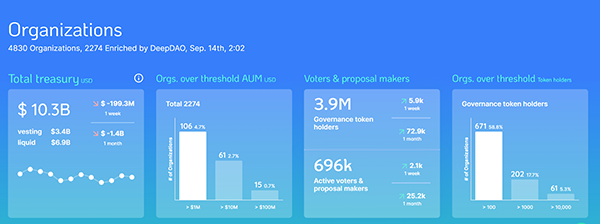Coming every Saturday, Hodler’s Digest will help you track every single important news story that happened this week. The best (and worst) quotes, adoption and regulation highlights, leading coins, predictions and much more — a week on Cointelegraph in one link.
Top Stories This Week
Musk’s deal for Twitter looks set to go with original $44B price tag
Elon Musk is back on track to buy Twitter. The billionaire originally decided to buy the social media network back in April 2022, settling on a price tag of roughly $44 billion. He subsequently attempted to cancel the agreement, claiming inadequate transparency from Twitter regarding the firm’s financial health as well as fake account and spam bot prevalence on the platform. Musk now intends to complete the original $44 billion deal, according to a legal filing.
EU regulators ban cross-border payments from Russian crypto accounts
In light of recent escalations in the Ukraine-Russia war, the European Union has banned crypto activity between member regions and Russia, no matter how small the transaction. The ban covers “all crypto-asset wallets, accounts, or custody services, irrespective of the amount of the wallet,” according to an Oct. 6 statement from the European Commission. Russia, on the other hand, has taken the opposite stance, evident in its approval of cross-border crypto activity in recent weeks.
Read also
Get your money back: The weird world of crypto litigation




















